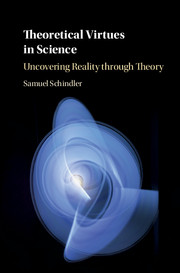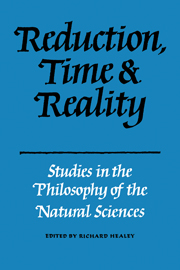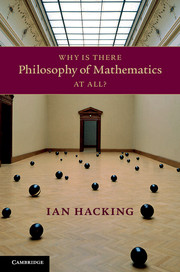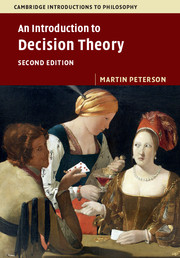Theoretical Virtues in Science
Uncovering Reality through Theory
- Author: Samuel Schindler, Aarhus Universitet, Denmark
- Date Published: May 2018
- availability: Available
- format: Hardback
- isbn: 9781108422260
Hardback
Other available formats:
Paperback, eBook
Looking for an inspection copy?
Please email academicmarketing@cambridge.edu.au to enquire about an inspection copy of this book
-
What are the features of a good scientific theory? Samuel Schindler's book revisits this classical question in the philosophy of science and develops new answers to it. Theoretical virtues matter not only for choosing theories 'to work with', but also for what we are justified in believing: only if the theories we possess are good ones (qua virtues) can we be confident that our theories' claims about nature are actually correct. Recent debates have focussed rather narrowly on a theory's capacity to predict new phenomena successfully, but Schindler argues that the justification for this focus is thin. He discusses several other theory properties such as testability, accuracy, and consistency, and highlights the importance of simplicity and coherence. Using detailed historical case studies and careful philosophical analysis, Schindler challenges the received view of theoretical virtues and advances arguments for the view that science uncovers reality through theory.
Read more- Provides a detailed and comprehensive treatment of the features that characterize good scientific theories
- Puts forward four new arguments for scientific realism, advancing current debates
- Challenges the received view of theoretical virtues and addresses issues including demarcation and methodology
Reviews & endorsements
'In this ambitious book Samuel Schindler mounts a sustained defence of scientific realism, challenging the most important antirealist arguments with a comprehensive and multi-layered appeal to theoretical virtues. His advocacy for the general truth-conduciveness of these virtues, rejecting the lure of predictivism, is both balanced and persuasive.' Hasok Chang, University of Cambridge
See more reviews'Steeped in the history of science and bursting with examples, this book turns a spotlight on the 'theoretical virtues' and their role in determining what the natural sciences reveal about our world. Fearlessly contesting received views of the import of novel predictions and the nature of ad hoc hypotheses, Schindler shows by example how general philosophy of science, and the history and philosophy of science, are indispensable to an understanding of scientific knowledge.' Anjan Chakravartty, University of Notre Dame, Indiana
'The book is clearly written, well-informed about both philosophy and history of science, and makes numerous incisive points. I would recommend this as an excellent guide to the literature, due to its clear overarching narrative thread, and the fact that Schindler is not afraid to point out various oddities and sources of confusion in the literature.' Darren Bradley, Metascience
Customer reviews
Not yet reviewed
Be the first to review
Review was not posted due to profanity
×Product details
- Date Published: May 2018
- format: Hardback
- isbn: 9781108422260
- length: 260 pages
- dimensions: 234 x 155 x 19 mm
- weight: 0.5kg
- contains: 10 b/w illus.
- availability: Available
Table of Contents
Introduction
1. Theoretical virtues, truth, and the argument from simplicity
2. Pessimism, base rates, and the no-virtue-coincidence argument
3. Novel success and predictivism
4. Theoretical fertility without novel success
5. Ad hoc hypotheses and the argument from coherence
6. Virtues as confidence boosters and the argument from choice
7. Philosophy of science by historical means
Conclusion.
Sorry, this resource is locked
Please register or sign in to request access. If you are having problems accessing these resources please email lecturers@cambridge.org
Register Sign in» Proceed
You are now leaving the Cambridge University Press website. Your eBook purchase and download will be completed by our partner www.ebooks.com. Please see the permission section of the www.ebooks.com catalogue page for details of the print & copy limits on our eBooks.
Continue ×Are you sure you want to delete your account?
This cannot be undone.
Thank you for your feedback which will help us improve our service.
If you requested a response, we will make sure to get back to you shortly.
×






